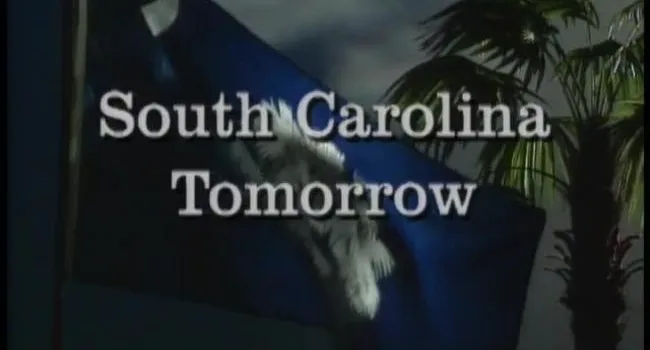Kaltura
Noted South Carolina historian Dr. Walter Edgar discusses the key issues in SC History.
South Carolina and the Civil War is discussed in three lessons:
- Secession from the Union
- Beginning of the Civil War
- Civil War and South Carolina
Standards
- 4.4.CX Contextualize South Carolina’s experience during the Civil War.
- This indicator was developed to encourage inquiry Ito the relationship between the Civil War and the experiences of women, African Americans, and the planter class in South Carolina.
- 4.4.CC Identify and evaluate the economic, political, and social changes experienced throughout the Civil War.
- 8.3.CO Compare the debates between South Carolina and the federal government regarding slavery, federalism, and the Constitution.
- This indicator was developed to encourage inquiry into the debates, heightened by Westward Expansion, over federal and state power concerning slavery, and the government's role in protecting and securing natural rights.
- 8.3.CE Examine consequences of the major Civil War military strategies.
- This indicator was designed to encourage inquiry into the Civil War focusing on the impacts of military strategies and major turning points on South Carolina and the U.S.
- 8.3.CC Analyze debates and efforts to recognize the natural rights of marginalized groups during the period of expansion and sectionalism.
- This indicator was designed to encourage inquiry into the continuities and changes of the experiences of marginalized groups such as African Americans, Native Americans and women, as the U.S. expanded westward and grappled with the development of new states.
- 8.3.E Utilize a variety of primary and secondary sources to analyze multiple perspectives on the effects of the Civil War within South Carolina and the United States.
- USHC.2.CE Evaluate the causes and consequences of economic and geographic expansion through significant turning points from 1803–1865.
- USHC.2.CX Contextualize the perspectives on the role of the federal government in securing natural rights during the period 1830–1877.





















